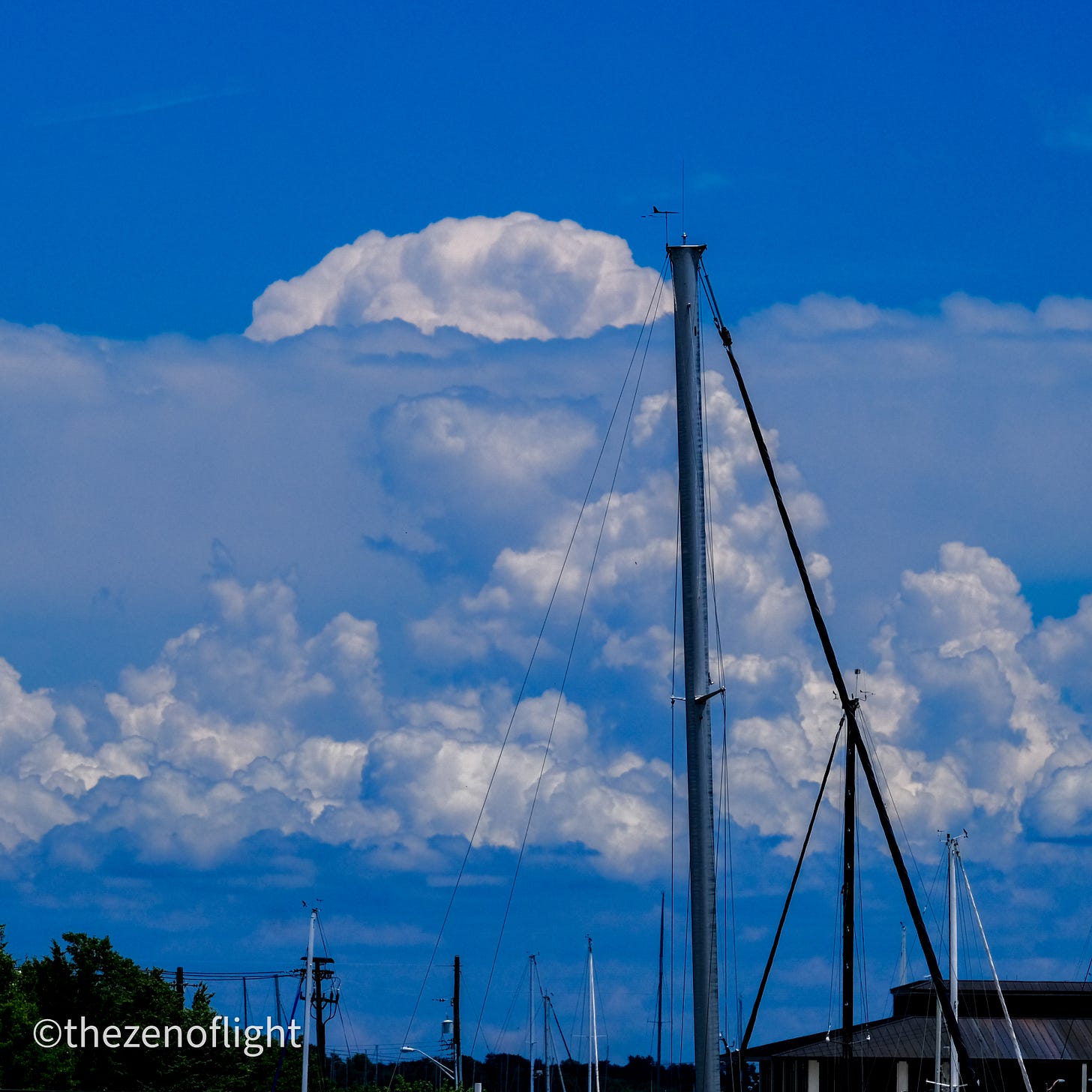The Korean War began 73 years ago today when Democratic People’s Republic of Korea’s forces crossed the 38th Parallel into the Republic of Korea. A multinational force under United Nations’ control, led by the United States, responded almost immediately.
It’s the conflict many veterans, now passing rapidly into history, felt never appropriately got our attention. By extension, we did not seem to respect their contributions to national defense in warfare peppered with glory along with many miscalculations. Several books chronicle its history in detail but it remains a conflict we prefer ignoring.
This is a bit ironic since 25 June was also the date in 1876 when George Custer led his troops into the debacle we know as the Battle of Little Bighorn yet the memory of that battle tends to be more wistful than incredulous as its conditions well warranted. Korea remains a topic characterised often by hushed intellectual discussion seventy years later rather than a fulsome widespread debate about its role in shaping U.S. views of modern Asia. Specialists would dispute me but I wonder how many even moderately educated in the United States have ever pondered Korea?
If non-specialists remember much, it likely is General Douglas MacArthur’s daring invasion along the west coast at Inchon which successfully forced the DPRK forces to come back north. Less likely do they recall that merely weeks later MacArthur’s overconfidence expanded the danger. He ignored Chinese threats by moving to the North Korea-China border of the Yalu River in beginning an attempt to overthrow Maoist China opened the door to Chinese forces pursuing Americans, expanding the war substantially. The horrors of U.S. forces caught in the depths of North Korean mountains in a frigid winter with Chinese and DPRK forces around them were harsh blunders, too often underappreciated by so many of us who were not there.
We had a Korean War vet on our faculty between 1985 and 1998. Known for his world class reputation on the People’s Liberation Army of China, Dr. Paul H.B. Godwin must have cut quite a figure on the peninsula during the conflict. A 6’6” immigrant from London in the mid-1930s, Paul enlisted in the Marine Corps. I never heard Paul discuss the details of his deployment but he did convey to me more than once mild frustration that the Korean War Memorial, a few yards from the Reflecting Pool at the base of the Lincoln Memorial, had far fewer visitors than the nearby Vietnam Memorial. When I noted we visited the Vietnam Wall early one Memorial Day, he instantly asked if we had also gone to honour the Korea veterans. I sheepishly said we had not which led to a pointed silence before our conversation went on to something else. (We had been to the Korean site in a prior trip to the Wall but obviously we had been to the Wall more than once to Paul’s point.)
The active combat in Korea ended with an armistice signed by the Republic of Korea, the People’s Republic of Korea, the People’s Republic of China, and the United States just short of 70 years ago, on 27 July 1953. It was a decidedly different outcome than the unconditional surrenders of Germany and Japan a mere eight years earlier terminating World War II.
Korea, however, heralded the different types of conflict characterising the majority of U.S. interventions in the past eight decades. The armistice ended hostilities but did not result in the opponents accepting defeat. Indeed, China continues to argue it succeeded in Korea by ‘teaching the United States a lesson’ since the DPRK still exists. The North Korean dictatorship over three generations of the Kim dynasty persist in depriving their citizens of so many things but the DPRK forces now have nuclear weapons which they will never surrender. Decades of multinational negotiations reinforce the regime’s belief these weapons alone guarantee its survival. Those weapons also do change the calculus on the peninsula for all.
The Republic Korea is one of the great successes of the past eighty years. Indeed, with a robust democracy, it surpasses Beijing as perhaps the single greatest transformation of a society from a wrecked land into a technological, cultural, and economic behemoth.
Americans would do well to spend more time considering the Korean War. The commitment the Truman administration assumed on 25 June 1950 was an enduring one in place today. The Korean military obligations also belie the argument that the United States cannot maintain a sustained promise to others; but the context matters greatly.
A couple of more summer photographs from the Chesapeake to brighten your afternoon.FIN
T.R. Fehrenbach, This Kind of War: The Classic Korean War History, 50th anniversary edition (Lincoln, Nebraska: Potomac Books, 2001)
David Halberstam, The Coldest Winter: America and the Korean War (New York, N.Y.: Hatchette Books, 2008)






You are such a loyal reader. There is nothing aside about your point. Yes, people most definitely should see the memorial. Thank you, Jill.
When I was growing up we had a neighbor with a couple of missing toes. My Father told me that while helping to evacuate Americans from Chosen the man picked up a body that just snapped in two. That is cold. And I have two years in Fairbanks, Alaska.
Unlike many, I think we won.
Cliff